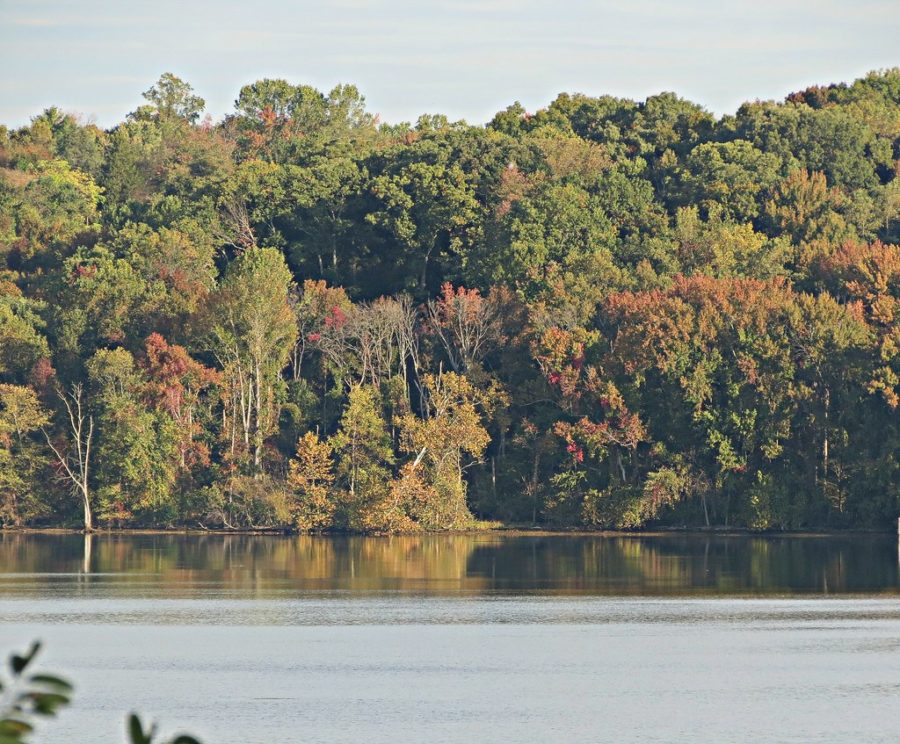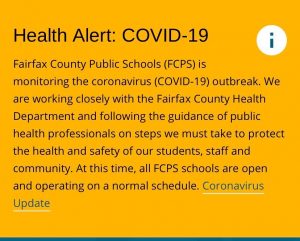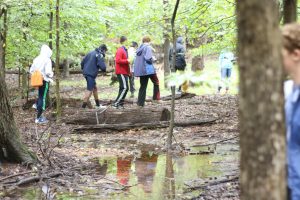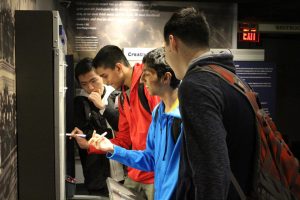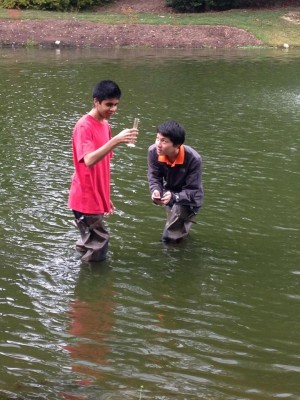Field trips return to Jefferson
Mason Neck State Park, seen above, has consistently been a past IBET field trip location. However, COVID and bus shortages have put a stop to field trips over the past two years. “Before last year, for example, the salamander IBET went to Vernal Pools and the deer IBET went to Mason Neck,” biology teacher Doctor Kathleen Morrow said.
September 16, 2022
Field trips are returning to Jefferson after being wiped out for the past two years. With field trips serving as a valuable educational and hands-on experience, teachers are planning trips as early as fall.
In some science courses such as biology, field trips are vital to building students’ passion and understanding.
“I think that is a priceless thing. The students are there in the real world, you know, it’s IRL, seeing these organisms, observing what they look like, and then hopefully talking to experts who do this for a living, and there’s just a lot of passion that stems from that,” Morrow said.
However, the pandemic put a stop to most field trips last year.
“I felt we didn’t go on any field trips last year because it was right after quarantining and virtual learning from COVID-19. And so everyone was adapting from sitting in front of a computer to being in class with each other,” senior Dhatri Parakal said.
One of these adaptations was possibly accounting for lapses in classroom instruction from last year.
“Teachers went slower, last year, to try and make up for lost time. This didn’t leave much time for field trips,” Parakal said.
As a result, many IBET rotations were not able to go to the normal destinations.
“Before last year, for example, the salamander IBET went to Vernal Pools and the deer IBET went to Mason Neck,” Morrow said.
However, IBET field trips are returning this year with slight modifications due to costs.
“One of the reasons why we’re cutting back on long-distance field trips is that it’s becoming harder to get access to buses during the day, they’re asking us to use charter buses and that gets expensive,” Morrow said.
Instead, IBET teachers plan to implement trips to much closer locations.
“Most of us are doing walking field trips to local streams this fall, such as Indian Run and Green Spring Gardens,” Morrow said.
While some field trips are returning, some have never gone away. Geosystems teachers have been running field trips in a unique manner for over a decade.
“Self-field trips, where students observe designated locations outside of school, were here when I arrived 15 years ago and had been in existence for many years before that,” geosystems teacher Doctor John Woodwell said.
The concept of self-field trips deals with many of the logistical issues that come with class field trips
“We’d have to pull students out of other courses is really the big issue with class geology field trips,” Woodwell said.
Despite COVID impacts, the ease involved with these field trips allowed them to happen last year.
“[Students by themselves] did take trips last year. Great Falls and the Smithsonian Natural History Museum were two locations, for example,” Woodwell said.
Still, with the prospect of some field trips coming back, students cannot wait.
“A field trip brings the whole class together and creates a fun experience that makes the classroom into a community,” Parakal said.

